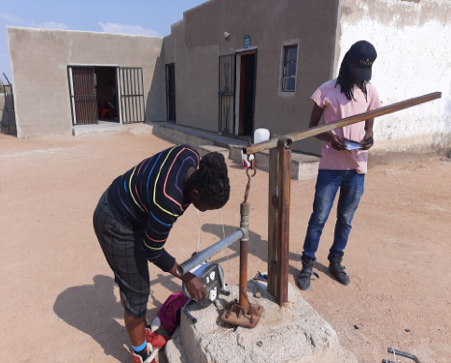
Citizen science can also help achieve the SDG targets through mechanisms other than monitoring, particularly at the local level. For example, while citizen-collected data might not always be statistically valid it can “tell a story”, which can be just as persuasive for leveraging funding or inspiring new interventions or actions on the ground. Nonetheless, apart from the value of storytelling, we believe that datasets produced by volunteers can be as reliable as those produced by professionals (Goldin et al. 2021). Most types of bias found in citizen science datasets are also found in professionally produced datasets. Entrenched hegemonic relations are challenged as new knowledge is owned and shared.
In qualitative approaches, validity is ensured by presenting solid descriptive data or what Geertz (1973) calls thick description so that there is enough internally coherent information in order that others can attach their own interpretations. This avoids the slippery slope of sloppy science that has dubious integrity. It brings rigour and coherence to the voices of those on the ground. In the spirit of authentic science, our work also portrays honest error.
Participation in a CS project can educate and inspire the participants, changing their attitudes and behaviours and even turning them into advocates or activists for a particular development challenge. A CS project can provide a platform for citizen engagement in decision-making (West and Pateman 2017). A fundamental transition has occurred in recent decades from “traditional” science to something new and led to the much-cited book The New Production of Knowledge – the Dynamics of Science and Research in Contemporary Societies which claims fundamental changes in the ways in which scientific, social and cultural knowledge is produced (Gibbons et al. 2010).